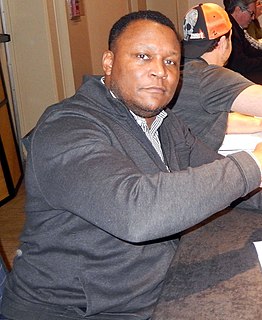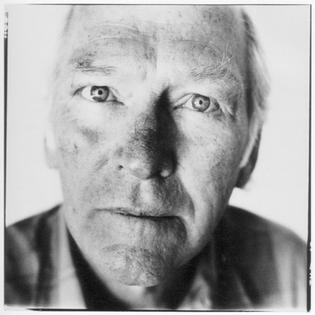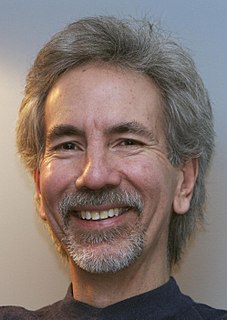A Quote by Mike Rowe
Happiness does not come from a job. It comes from knowing what you truly value and behaving in a way that's consistent with those beliefs.
Related Quotes
Happiness does not come from a job. It comes from knowing what you truly value, and behaving in a way that’s consistent with those beliefs. Many people today resent the suggestion that they’re in charge of the way they feel.Those people are mistaken. That was a big lesson and I learned it several hundred times before it stuck. What you do, who you’re with, and how you feel about the world around you, is completely up to you.
One must always say every word with consideration, and should not say what one does not wish to happen. Those who do not understand the value of suggestion walk after their own fate with a whip in their hand, and those who understand its value and control their word and use it rightly, they are a bliss to themselves and a source of happiness to others.
I have never had illusions about the value of my individual contribution! I realized early that what a man or a woman does is built on what those who have gone before have done, that its real value depends on making the matter in hand a little clearer, a little sounder for those who come after. Nobody begins or ends anything. Each person is a link, weak or strong, in an endless chain. One of our gravest mistakes is persuading ourselves that nobody has passed this way before.
When examining evidence relevant to a given belief, people are inclined to see what they expect to see, and conclude what they expect to conclude. Information that is consistent with our pre-existing beliefs is often accepted at face value, whereas evidence that contradicts them is critically scrutinized and discounted. Our beliefs may thus be less responsive than they should to the implications of new information

































